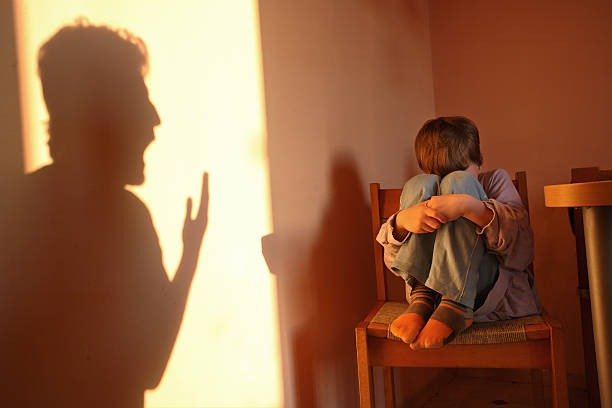Neglectful Parenting: what is it and how Does it Look?

Source:https://www.msn.com/en-us/
Many positive parenting styles, such as gentle parenting, are actively adopted by parents, while others may reflect their own childhood experiences, like authoritative or helicopter parenting. However, the concept of neglectful parenting carries significant implications, often associated with serious issues like social services intervention.
Neglectful parenting, as explained by experts like Dr. Amanda Gummer, occurs when parents unintentionally fail to meet their child’s basic emotional, physical, or educational needs. This style is marked by a lack of support and engagement, leading to potential long-term negative effects on a child’s well-being. Children raised in neglectful environments may experience minimal guidance or nurturing, often left to make decisions independently.
While neglectful parenting can seem harsh, it’s important to recognize that it is not always intentional. Factors such as stress and exhaustion can lead parents to briefly overlook their children, but this doesn’t constitute neglect. Family psychotherapist Anna Mathur critiques the casual use of the term “neglect” in parenting discussions, emphasizing that true neglect involves a consistent pattern of emotional distance and unmet basic needs. She also highlights the privilege in discussing parenting styles without understanding the severe implications of actual neglect.
Signs of neglectful parenting
- Inconsistent Supervision: Frequently leaving their children unattended or not monitoring their activities, exposing them to potential dangers.
- Emotional Neglect: Neglectful parents often ignore, dismiss or invalidate their child’s emotions, leaving the child feeling unimportant or neglected emotionally.
- Unmet Basic Needs: Not providing food, clothing, and shelter reflects neglectful parenting, impacting the child’s physical development and overall health.
- Lack of Emotional Attachment: An emotional attachment comes naturally to many parents, but for neglectful parents this bond isn’t a given. neglectful parents may struggle to form a secure emotional bond with their child, impacting the child’s ability to build healthy relationships in the future.
- Lack of interest in child’s education: Showing no interest or having no involvement in a child’s education can lead to academic struggles and can impact any future opportunities.
- Poor communication: Little to no communication with their children means that they actively avoid engaging in meaningful conversations or offer guidance, which can impact a child’s social and cognitive development.
Perceived pros and cons of neglectful parenting
Pros:
- Independence: Children may become more independent as they learn to rely on themselves.
- Self-sufficiency: Some children may develop resilience and self-sufficiency by navigating challenges without parental guidance
Cons:
- Emotional Impact: Severe emotional consequences, including low self-esteem, anxiety, and depression.
- Behavioural Issues: Increased likelihood of behavioural problems and difficulty forming healthy relationships.
- Academic Challenges: Neglect can contribute to academic struggles due to lack of support and supervision.
- Long-term Consequences: Negative impacts may persist into adulthood, affecting mental health and overall life satisfaction.
- Social Development: Impaired social skills and difficulty trusting others may result from a lack of emotional connection during childhood.
Examples of neglectful parenting
In the context of parenting, uninvolved parents may exhibit detachment from their infants, showing little interest in holding, feeding, or engaging with them. This detachment can sometimes indicate postpartum depression, highlighting the importance of seeking treatment. Other factors, such as a lack of bonding with their own parents, can also contribute to this disengagement.
For toddlers, uninvolved parents might ignore their child’s achievements or fail to establish clear boundaries, unlike authoritative parents who encourage communication and set limits. With older children, uninvolved parents often neglect to impose consequences for negative behaviors, contrasting with gentle parents who prefer to discuss natural consequences and collaboratively develop solutions.
Why do some parents use the neglectful parenting style?
Uninvolved parenting typically isn’t a conscious choice; it can arise from various factors. Parents may become disengaged due to work commitments that leave them with little time or energy for their children. Additionally, those raised by neglectful parents or struggling with mental health issues may find it difficult to form emotional attachments.
Despite these challenges, it is possible to change one’s parenting style. Seeking therapy can help address underlying struggles or past traumas that hinder bonding with a child. Organizations like Mind can provide resources and support for parents looking to make positive changes.
Read More: https://childreninfobank.com/safebank/neglectful-parenting-what-is-it-and-how-does-it-look/
Image Source:https://www.msn.com/en-us/





